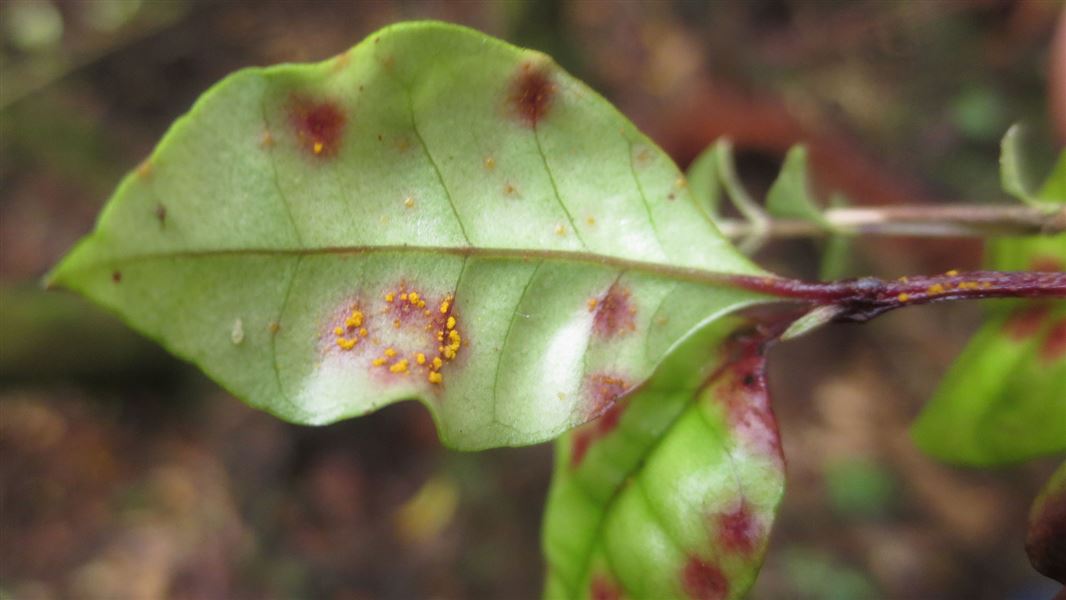Background information
The Orders in Council modify the legislation for transport works to:
- support repair and recovery works by Waka Kotahi within the legal road boundaries (where no permission is required provided standard conditions are met), and within 50 m of the legal boundaries (where a modified permission is required)
- support repair and recovery works by KiwiRail within the legal rail corridor or within 50 m of the corridor boundaries, and within 500m of the corridor at Awatoto and in the Esk Valley where the railway line needs to be realigned (where modified a permissions is required)
The modifications to the Conservation Act, the Wildlife Act, the Reserves Act and the Freshwater Fisheries Regulations relate to the process for making an application, including the level of detail required, timeframes for decision-making on applications, and prescribing standard conditions for every application.
Of land managed by DOC, only land vested in the Crown is affected. The Minister of Conservation also has reserve powers where a local authority allows temporary use of a Crown-owned reserve by an agency.
The Orders do not affect Treaty obligations, including DOC’s obligations under Section 4 of the Conservation Act, or Treaty Settlement legislation (for example, statutory acknowledgements and protocols). They include requirements to ensure that iwi, hapū and whānau are properly consulted, taonga species are protected, and holders of mana whenua are engaged in affected area recovery liaison groups.
The Orders will be in place until end of March 2028.
Although the stretches of road and rail corridor covered by the Orders are well defined, actual project sites may include where:
- damage repaired under emergency powers has to be consented
- permanent repairs are still required
- damaged areas are further damaged by subsequent events
- realignment is required to improve resilience to future events.
Contacts when sick, injured or dead animals are found during recovery works
Your first point of contact should be the accountable DOC team per the conditions of your application. If you cannot get hold of this person, ring these phone numbers and DOC or MPI will tell you what to do next. If you don't know if an animal is native, still call either DOC or MPI.
- For 1 or 2 sick, injured or dead animals: Ring the DOC emergency hotline 0800 DOC HOT (0800 362 468).
- For a group of 3 or more sick, injured or dead animals: Ring the Ministry for Primary Industries (MPI) pest and disease hotline on 0800 80 99 66.
- For non-native wildlife: Contact your local SPCA or a wildlife rehabilitator in your area.
- Keeping wildlife: You cannot keep wildlife without a wildlife permit from DOC.
Documents incorporated by reference into the Orders
Incorporation by reference is a legal way of making technical, long, or complex, models or documents part of the law.
Visit the Ministry of Transport’s page Engagement on Cyclone Recovery Work for a complete list of all documents incorporated by reference into these Orders in Council.
Incorporated documents most relevant to DOC’s work are:
- Table 2 in New Zealand’s historically rare terrestrial ecosystems set in a physical and physiognomic framework by P A Williams, S K Wiser, B Clarkson, and M C Stanley New Zealand Journal of Ecology 31(2): 119–128.
- The New Zealand Threat Classification System administered by the Department of Conservation as At Risk and Recovering, Relict, or Naturally Uncommon.
- National Policy Statement for Indigenous Biodiversity, Appendix 1
- Protocols for minimising the risk of felling bat roosts.
- Kiwi Best Practice Manual.
- New Zealand Fish Passage Guidelines.
- National Environmental Standards for Plantation Forestry (NES-PF) Fish Spawning Indicator.
Related links
Agencies
- Ministry of Transport - Cyclone Recovery Work
- Waka Kotahi - NI State Highway Recovery and Rebuild
- DPMC - Cyclone Recovery Unit
Biosecurity
Herpetofauna
